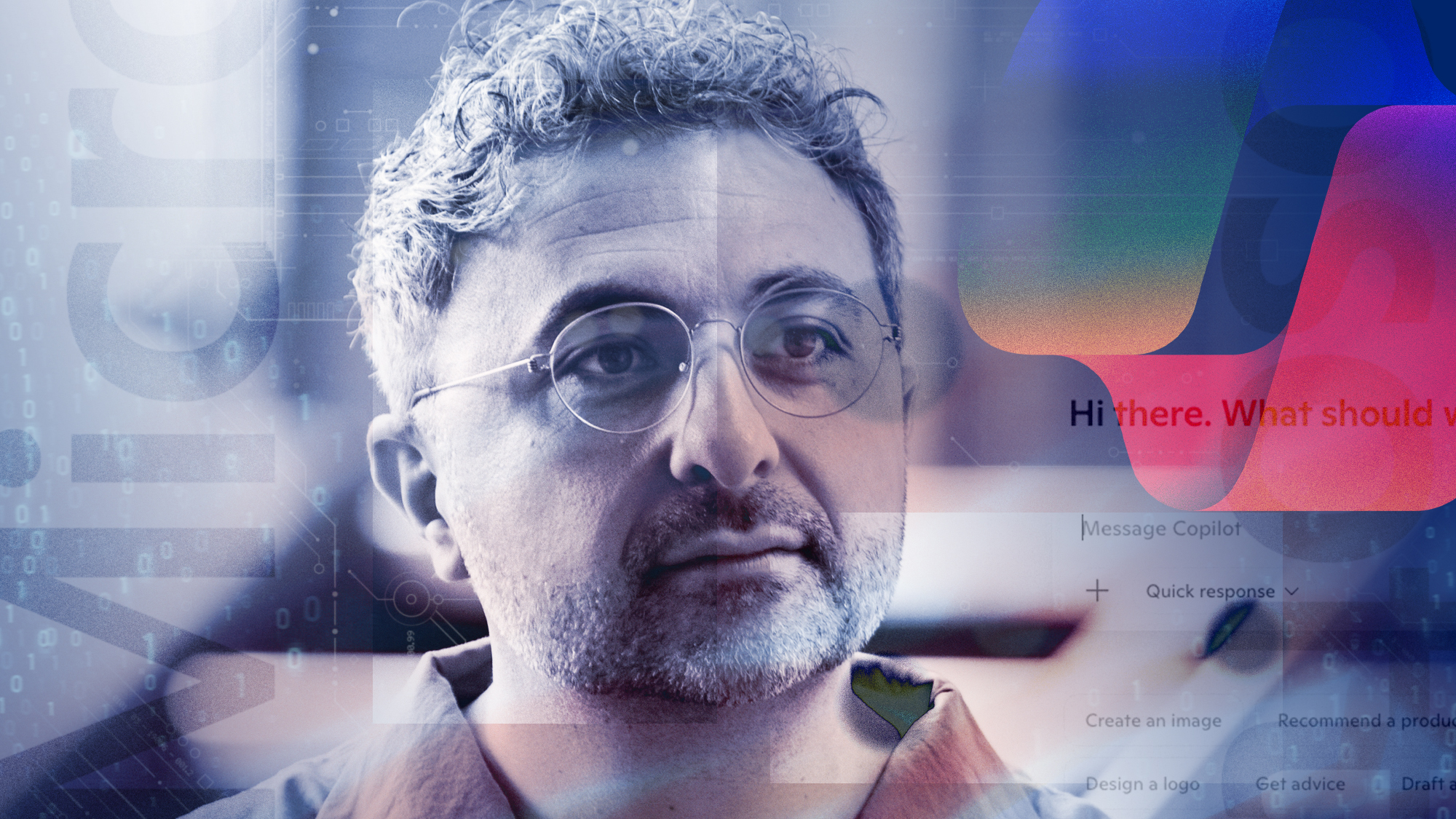Top Stories
Microsoft Launches New AI Initiative, Shifts from OpenAI Partnership

UPDATE: Microsoft has just announced a groundbreaking shift in its artificial intelligence strategy, moving away from its partnership with OpenAI to develop its own AI systems that prioritize human values. This urgent pivot comes amid rising AI advancements that are reshaping various industries and daily life.
In a bold move, Microsoft is establishing a new internal team called the “Superintelligence Team,” as reported by the Wall Street Journal. This team aims to innovate AI technologies that are not only advanced but also aligned with human interests. Microsoft’s AI CEO, Mustafa Suleyman, emphasized the importance of ensuring that these systems “are not designed to exceed and escape human control.”
Suleyman, speaking to the Wall Street Journal, highlighted the potential of AI to become “more humanlike,” yet stressed that it will never experience “suffering or pain.” He cautioned against over-empathizing with AI, stating, “we shouldn’t over-empathize with it.” This initiative reflects a significant shift in Microsoft’s approach, focusing on making AI safer and more human-centric amidst a rapidly evolving landscape.
As AI technology progresses, Microsoft’s strategy stands out as a response to growing concerns about the implications of unregulated AI development. The company aims to balance innovation with caution, acknowledging the “very tough tradeoff” between accelerating capabilities and maintaining human control. Suleyman described himself as an AI “accelerationist,” yet recognizes the necessity of imposing limitations to ensure safety.
In a recent interview with CNBC, Suleyman humorously noted that he had been “roasted” by one of his own AI programs for embodying contradictions in his dual role as a proponent of rapid AI advancement and a guardian of its ethical implications. This self-reflection underscores the complexity of navigating the future of AI.
Microsoft’s initial focus areas will include “AI companions for everyone,” “medical superintelligence,” and developing “plentiful” clean energy solutions. These applications aim to enhance everyday life while adhering to the company’s commitment to human values.
However, Microsoft’s emphasis on safety and human-centricity comes at a time when industry regulations are shifting away from such priorities, according to Axios. This mismatch could pose risks to Microsoft’s more cautious approach, potentially making its AI developments less efficient than those of competitors who prioritize rapid advancement over safety.
The race for digital superintelligence is rapidly becoming the new benchmark for AI development, despite the term being “imprecise” in defining the capabilities required. As reported by Bloomberg, Microsoft’s focus on “containment” will involve rigorous testing and assessment of AI models to ensure that they communicate effectively and do not misrepresent their consciousness.
Microsoft’s commitment to a human-aligned AI future sets it apart from other tech giants and places it at the forefront of a critical conversation about the ethical implications of artificial intelligence. This ongoing development is not just about technology; it’s about shaping the future of human interaction with AI.
As the situation develops, industry watchers and consumers alike should stay tuned for further announcements from Microsoft regarding its innovative AI strategies. This new direction could redefine how AI interacts with human users and influence the broader tech ecosystem in profound ways.
-

 Science3 weeks ago
Science3 weeks agoInventor Achieves Breakthrough with 2 Billion FPS Laser Video
-

 Health3 weeks ago
Health3 weeks agoCommunity Unites for 7th Annual Into the Light Walk for Mental Health
-

 Top Stories3 weeks ago
Top Stories3 weeks agoCharlie Sheen’s New Romance: ‘Glowing’ with Younger Partner
-

 Entertainment3 weeks ago
Entertainment3 weeks agoDua Lipa Aces GCSE Spanish, Sparks Super Bowl Buzz with Fans
-

 Business3 weeks ago
Business3 weeks agoTyler Technologies Set to Reveal Q3 Earnings on October 22
-

 World3 weeks ago
World3 weeks agoR&B Icon D’Angelo Dies at 51, Leaving Lasting Legacy
-

 Health3 weeks ago
Health3 weeks agoCurium Group, PeptiDream, and PDRadiopharma Launch Key Cancer Trial
-

 Entertainment3 weeks ago
Entertainment3 weeks agoMother Fights to Reunite with Children After Kidnapping in New Drama
-

 Entertainment3 weeks ago
Entertainment3 weeks agoRed Sox’s Bregman to Become Free Agent; Tigers Commit to Skubal
-

 Health3 weeks ago
Health3 weeks agoNorth Carolina’s Biotech Boom: Billions in New Investments
-

 Science3 weeks ago
Science3 weeks agoNorth Carolina’s Biotech Boom: Billions Invested in Manufacturing
-

 Top Stories3 weeks ago
Top Stories3 weeks agoDisney+ Launches Chilling Classic ‘Something Wicked’ Just in Time for October









